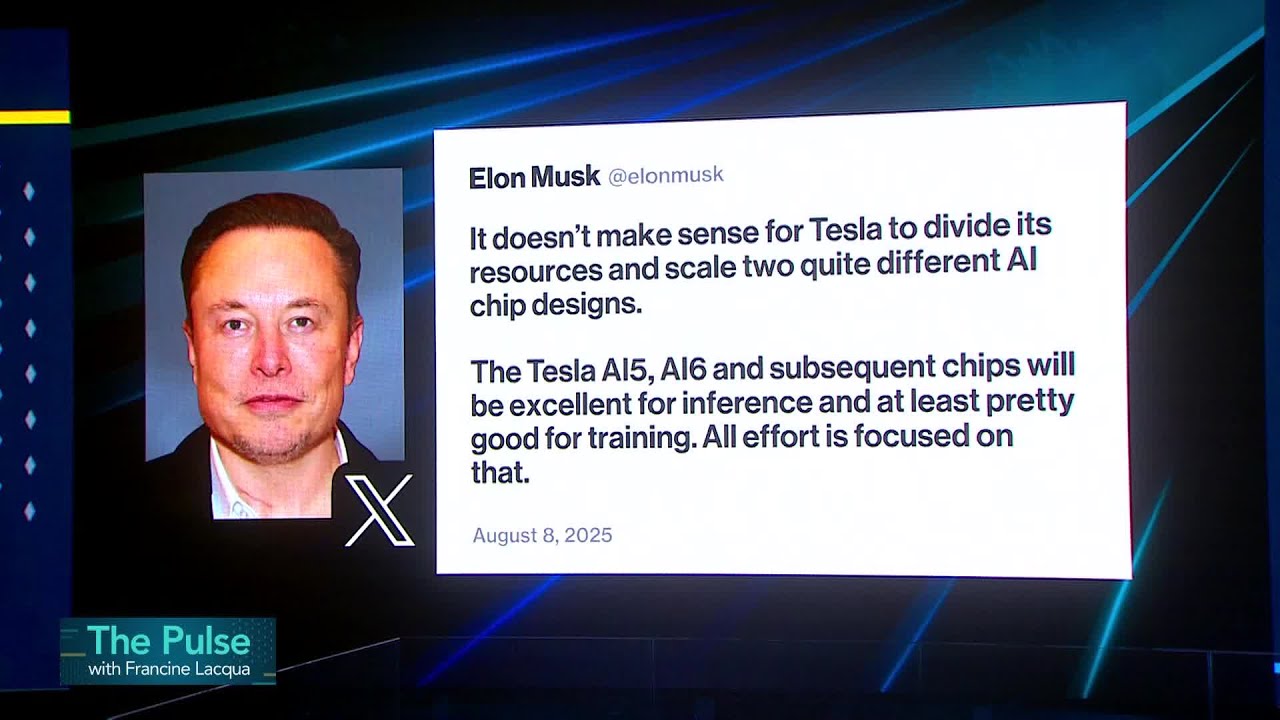Tesla is disbanding its Dojo supercomputer team and shifting away from developing its own AI hardware, instead opting to rely on Nvidia’s technology for autonomous driving. This move marks a significant change in Tesla’s AI strategy, scaling back ambitious in-house chip development while focusing on designing next-generation chips through external manufacturers.
Tesla is disbanding its Dojo supercomputing team, with the departure of its leader, Peter Bannon, and about 20 employees leaving the project. The remaining team members are being reassigned within the company. This move signals a significant shift in Tesla’s approach to developing its own AI supercomputing capabilities, which were initially aimed at enhancing its driverless car technology.
The Dojo supercomputer was intended to process vast amounts of video data collected from Tesla vehicles to improve the safety and performance of its autonomous driving systems. Tesla aimed to compete with established players like Nvidia by building its own custom chips and supercomputing infrastructure. However, the disbandment suggests that Tesla may be stepping back from this ambitious in-house hardware development.
Instead of continuing to develop the Dojo supercomputer, Tesla appears to be refocusing on using Nvidia’s technology for its AI and autonomous driving needs. This pivot indicates that Tesla will rely more on existing, proven hardware solutions rather than investing heavily in building its own from scratch, which could streamline development but may limit Tesla’s control over its AI stack.
The decision to halt the Dojo project is seen as a setback for Tesla’s broader ambitions in AI and chip development. Analysts had previously speculated that successful development of Tesla’s own chips and supercomputing capabilities could significantly boost the company’s valuation, potentially by hundreds of billions of dollars. With the project’s cancellation, those expectations are now tempered.
Elon Musk’s reaction to this development is noted as potentially bruising to his ego, given his history of pushing ambitious technological projects. However, Musk is reportedly trying to downplay the setback by emphasizing Tesla’s continued focus on designing next-generation chips, which will be manufactured by external partners like TSMC and Samsung. This strategic shift suggests Tesla is prioritizing scalability and efficiency over pioneering its own supercomputing hardware.
